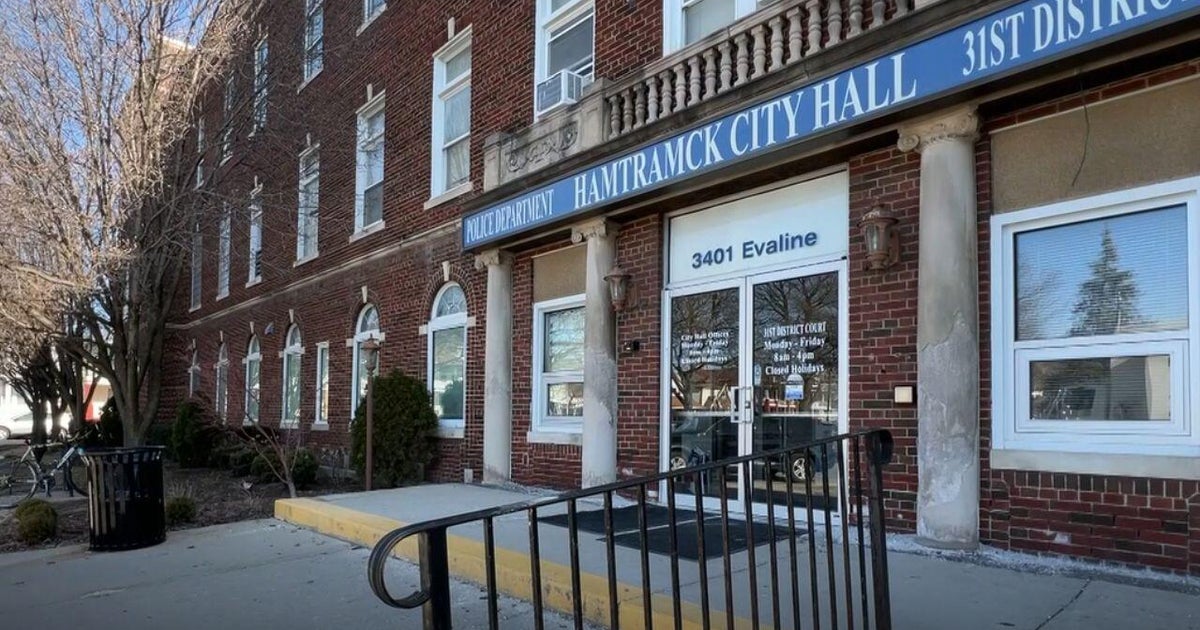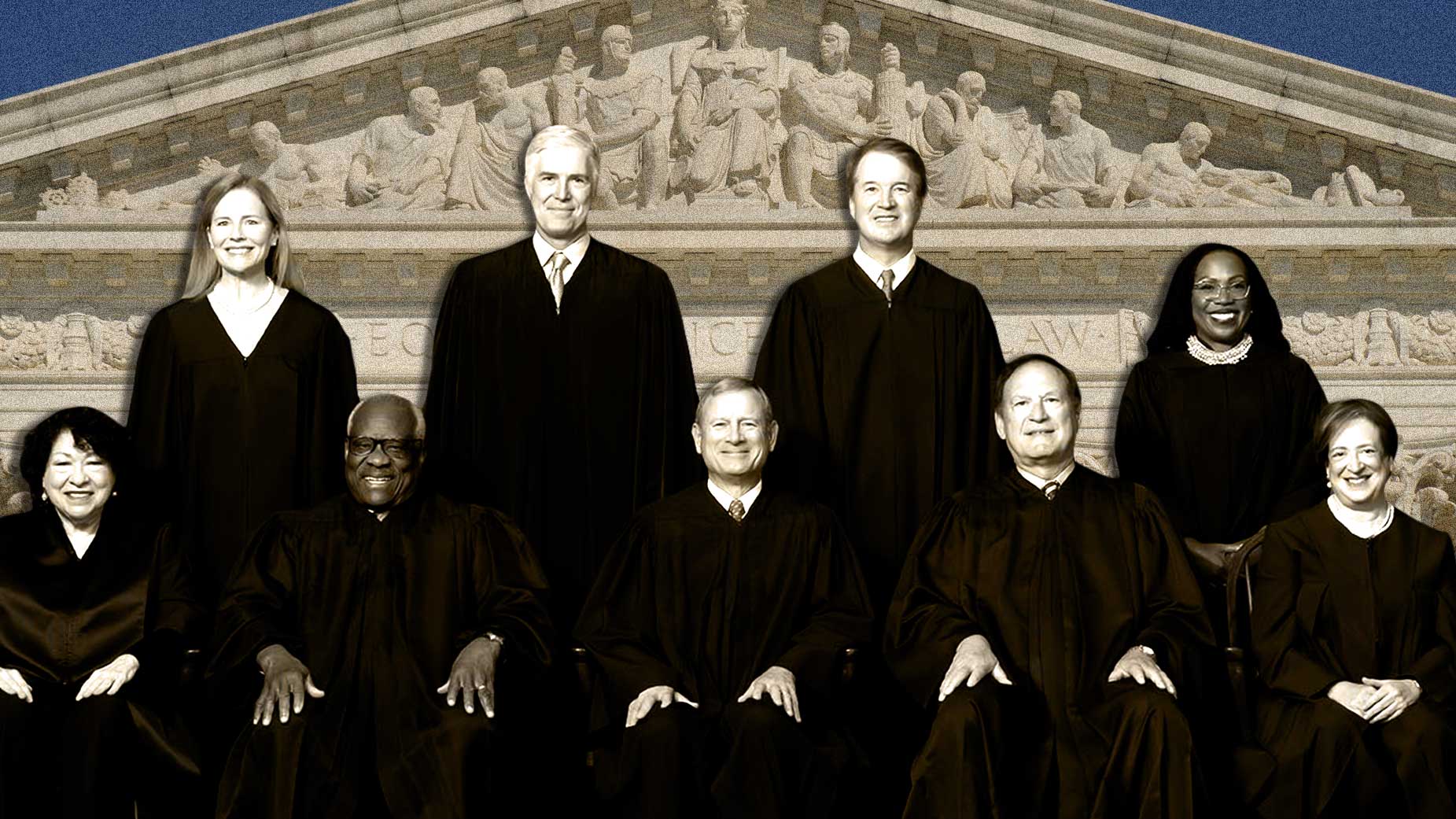Supreme Court agrees to review Tennessee law banning gender-affirming care for minors
Washington — The Supreme Court on Monday said it will consider whether a Tennessee law that bans gender-affirming health care for transgender minors violates the Constitution, setting the stage for a major decision on transgender rights in its next term.
The justices agreed to review a lower court decision upholding Tennessee's ban, which was appealed by the Justice Department and transgender youth who argue that the laws are outside the bounds of the 14th Amendment.
The case will be argued in the Supreme Court's next term, which begins in October, with a decision likely by the end of June 2025. The dispute thrusts the Supreme Court into the center of a politically fraught issue that has sparked a wave of legislative action by state lawmakers.
The outcome of the case could have a nationwide impact, since more than 20 states have in recent years enacted laws restricting treatments like puberty-blocking drugs, hormone therapy or surgeries for minors experiencing gender dysphoria.
The Supreme Court has never weighed in directly on the constitutionality of these bans, and the justices intervened in one case involving an Idaho law on an emergency basis. In April, the court agreed to let Idaho officials enforce the state's ban on gender-affirming medical care for nearly all transgender minors statewide and narrowed the scope of a lower court's order that blocked the law from taking effect.
Under the Supreme Court's order, Idaho's law did not apply to two transgender teenagers who challenged the restrictions.
In a separate case involving a West Virginia law that bans transgender athletes from competing on female sports teams, the Supreme Court declined to allow state officials to enforce the law while legal proceedings continue.
The Tennessee law
The Tennessee law, known as SB1 and enacted in March 2023, prohibits health care providers from "prescribing, administering or dispensing any puberty blocker or hormone" if the treatment is to "enable a minor to identify with, or live as, a purported identity inconsistent with the minor's sex" or treat "purported discomfort or distress from a discordance between the minor's sex and asserted identity."
While the law also bars surgical procedures undertaken for the same purpose, that restriction is not at issue in the case. Puberty blockers or hormones can be administered to treat conditions like precocious puberty, disease, a congenital defect or physical injuries.
Violators of Tennessee's law can face civil penalties of $25,000, professional discipline and potential civil liability. While the law took effect on July 1, 2023, it allowed banned treatments that started before then to continue until March 31.
One transgender girl and two transgender boys, who were all diagnosed with gender dysphoria, challenged the ban along with a doctor in the state who works with transgender patients, arguing in part that it violates the Equal Protection Clause of the 14th Amendment. The Justice Department intervened in the case.
A federal district court blocked state officials from enforcing the law, finding it likely was unconstitutional. The ban, the court said, "expressly and exclusively targets transgender people," and found that the "benefits of the medical procedures banned by [the law] are well-established."
But a divided panel a judges on the U.S. Court of Appeals for the 6th Circuit reversed the injunction. The 6th Circuit's decision upheld not only Tennessee's law, but a similar ban in Kentucky. The court did not act on a request to review Kentucky's law.
"This is a relatively new diagnosis with ever-shifting approaches to care over the last decade or two. Under these circumstances, it is difficult for anyone to be sure about predicting the long-term consequences of abandoning age limits of any sort for these treatments," Chief Judge Jeffrey Sutton of the 6th Circuit wrote.
He continued: "That is precisely the kind of situation in which life-tenured judges construing a difficult-to-amend Constitution should be humble and careful about announcing new substantive due process or equal protection rights that limit accountable elected officials from sorting out these medical, social, and policy challenges."
The Justice Department and transgender teenagers appealed to the Supreme Court. The justices agreed to take up the Biden administration's challenge.
In a filing with the justices, the Biden administration noted the flurry of legislative activity in nearly half of the states that has prohibited transgender teenagers from receiving medical care "in accordance with evidence-based standards reflecting the overwhelming consensus of the medical community."
"Absent this court's review, families in Tennessee and other states where laws like SB1 have taken effect will face the loss of essential medical care," Solicitor General Elizabeth Prelogar wrote. "Those with the resources to do so may abandon their homes, jobs, schools, and communities to move to a State where the needed treatment remains available. Others will not have even that option."
Represented by the ACLU, the transgender adolescents and their families noted that courts of appeals are divided over the constitutionality of laws banning gender-affirming care for transgender adolescents, as well as the appropriate level of scrutiny to apply to bans targeting transgender individuals for medical treatment.
"The legal uncertainty surrounding this medical care is creating chaos across the country for adolescents, families and doctors," their lawyers told the Supreme Court in a filing.
But lawyers for the state of Tennessee said that hormonal and surgical interventions for minors who were diagnosed with gender dysphoria "carry serious and potentially irreversible side effects." They argued the gender-affirming care ban seeks to ensure young Tennesseans don't receive these treatments "until they can fully understand the lifelong consequences or until the science is developed to the point that Tennessee might take a different view of their efficacy."
The state argued that the question of whether Tennessee can enact regulations on medical interventions for minors is one of public policy and should be left to voters' elected representatives.
"Tennessee acted rationally, reasonably, and compassionately to protect its children, and the Act survives any level of review," lawyers for the state wrote in a brief. "Nothing in the Constitution deputizes petitioners to override the legislature's judgment and demand a policy they believe to be more favorable."





